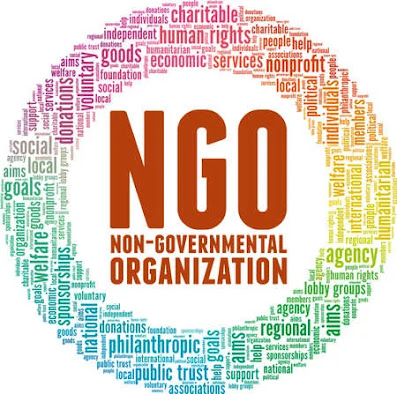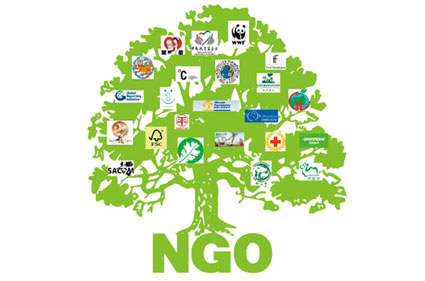Water is a great endowment and blessing of ALLAH to man. Without
water, life in this world is impossible. Water gives life and energy to
everything. It is essential for the life and survival of human beings birds,
beasts, plants and trees. It is the main source of energy and power. We use it
for cooking our food and quenching our thirst. It is used for washing our
clothes and bathing our body. It is the main source of irrigating our fields.
Without it, we cannot conceive of life on earth.
Unfortunately, this great gift and blessing of ALLAH has been
wasted and ill-used by the people of Pakistan. We have never paid any attention
to preserve and save this great treasure of Nature. There are many areas in Pakistan
where people do not get water for drinking purpose. In the interior Sind, and
Balochistan, there are many towns and villages where people have to carry water
from as far as thirty or forty kilometres away from their homes. The Women,
children and old men have to undertake the long journey to carry water for
their daily use. This is a very sad spectacle. The sources of getting water are
very few and limited. Water is present in the subsoil of the earth. It Is
brought to earth by the operation of tube wells and electric motors. The other
source of water is the rivers, lakes and streams. Water comes into rivers and
streams by the melting of massive and glaciers.
This source of getting water is quite doubtful and uncertain.
Sometimes, the summer season begins late and these icebergs and glaciers are
not melted in time. Consequently, the rivers and lakes become dry and barren.
The country falls a victim to the shortage of water.
In 1960, a treaty between Pakistan and India was signed with
World Bank meditation. The treaty is known as the “Indian Basin Treaty”.
According to it, the control of waters of Ravi, Bias and Sutlag was given to
India. It was decided that the Indian Govt. would help Pakistan in the
construction of two large dams on the Indus and the Jhelum. But this was never
fulfilled. Indian Govt. often stopped the flow of water in our rivers when it
liked, out of sheer enmity.
The only way to overcome water crisis is to build dams on the
river banks. The earliest dams were built to store water for domestic and
agriculture. Hydropower became a major reason to build dams.
The construction of Kalabagh Dam is the need of the time. If it
is not built in time, our country is going to face severe starvation and
famine.



.jpg)




















.jpg)
